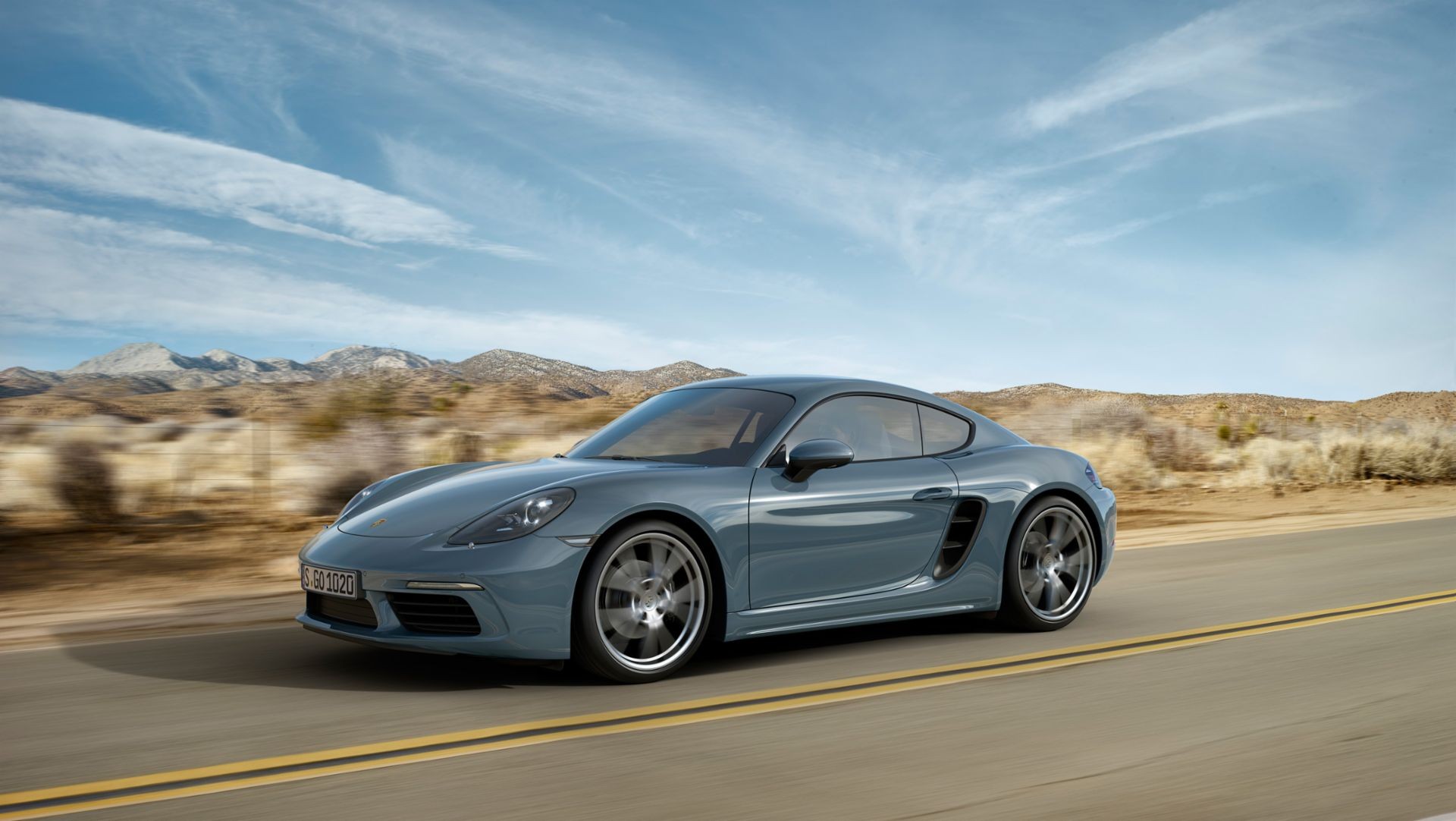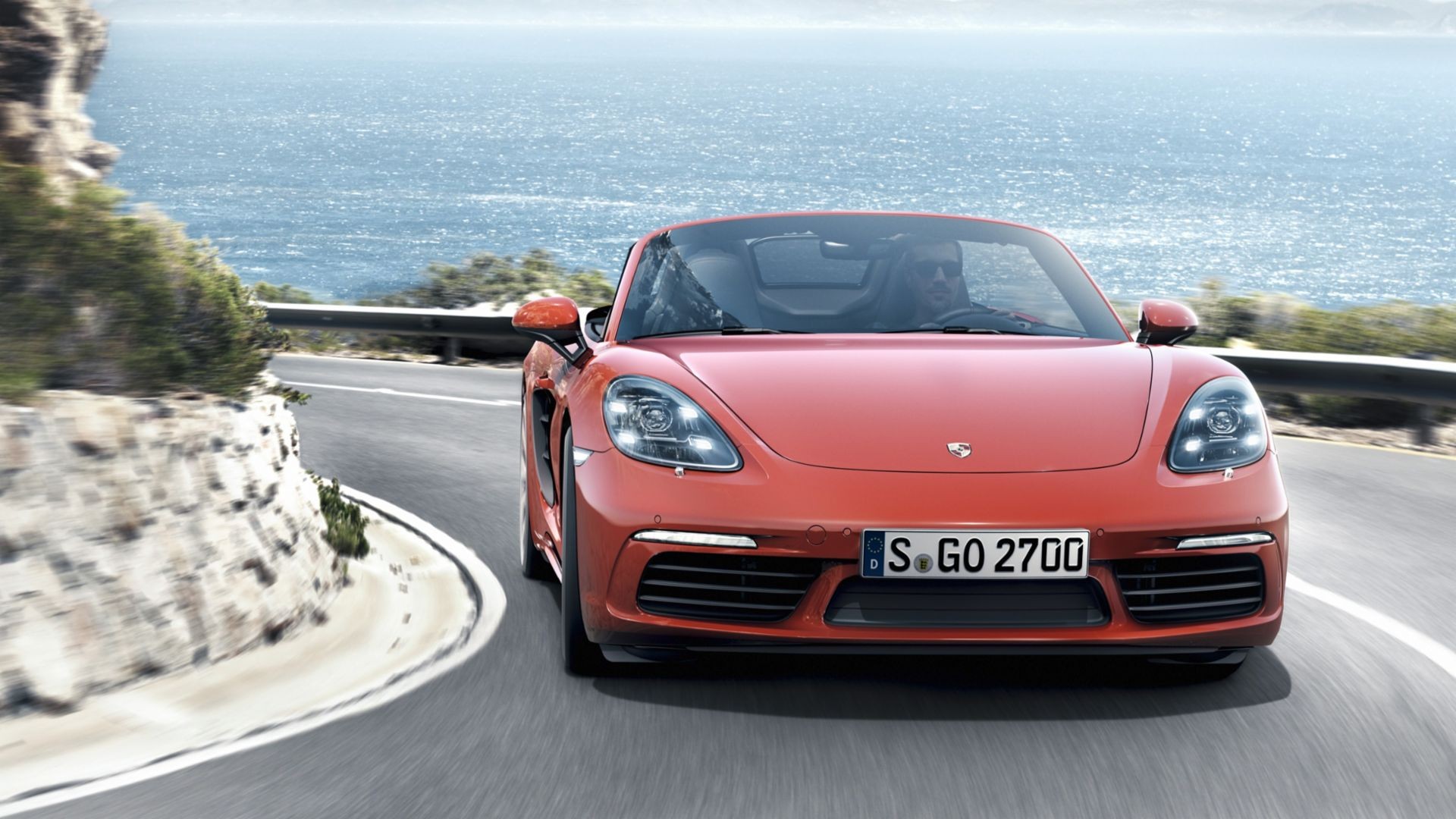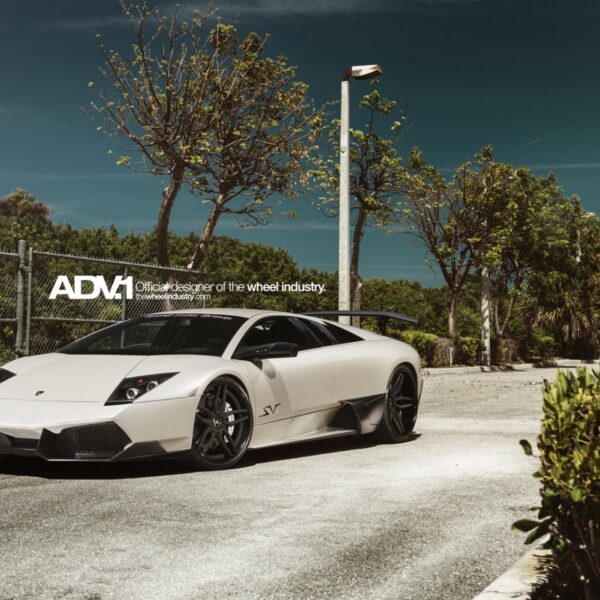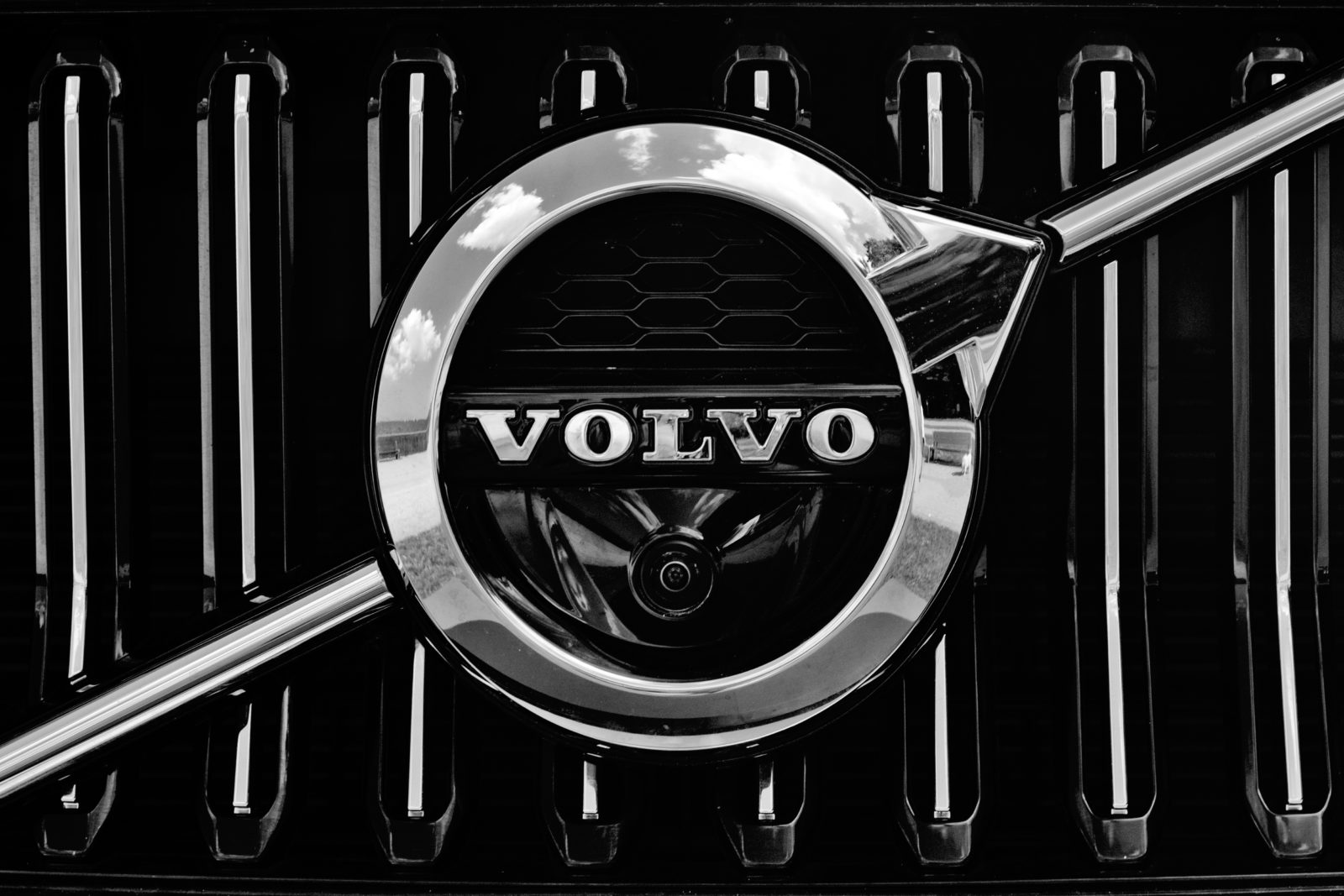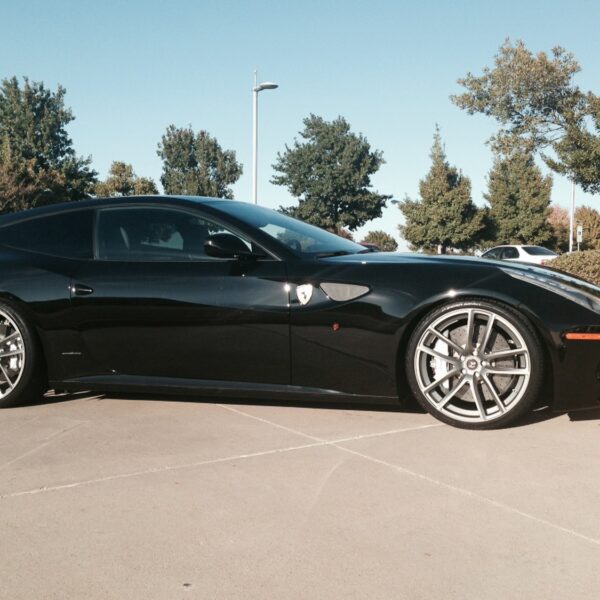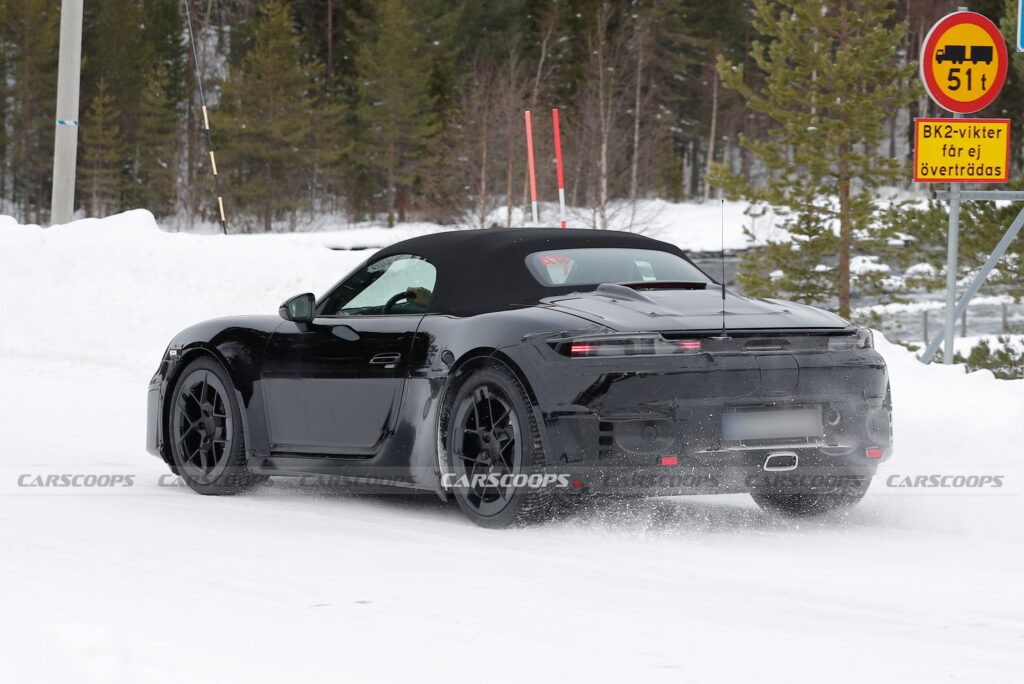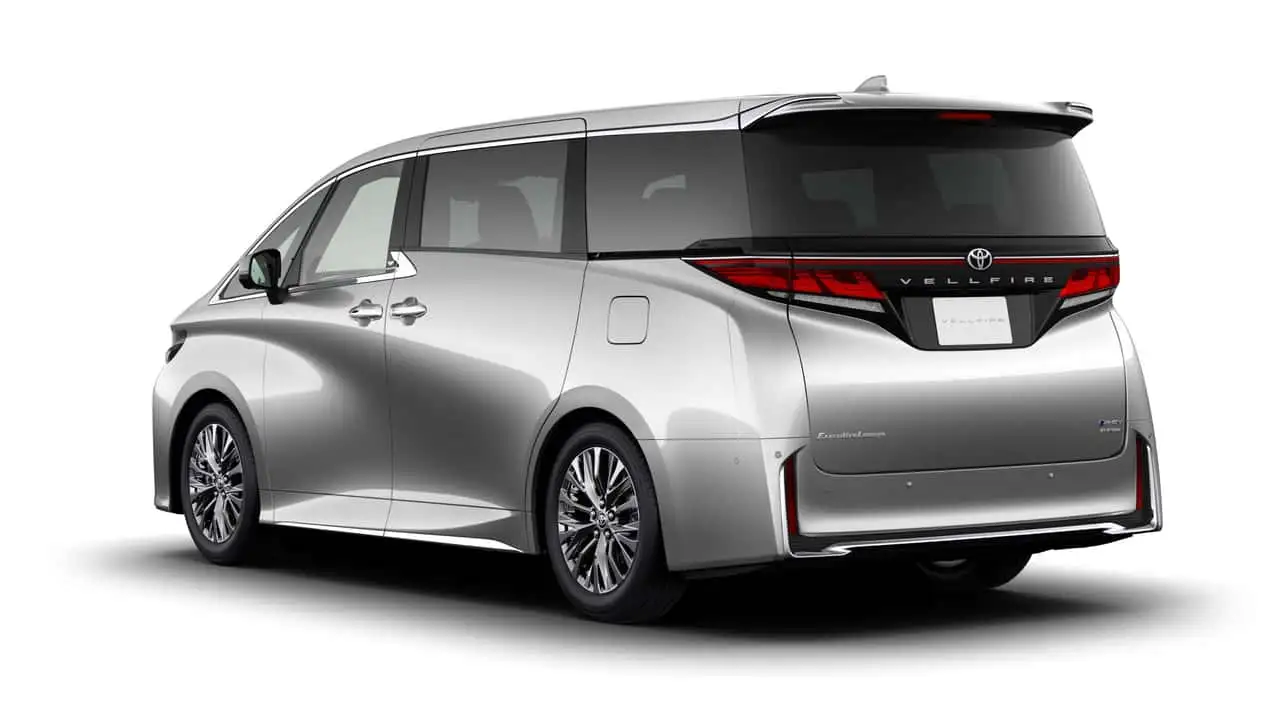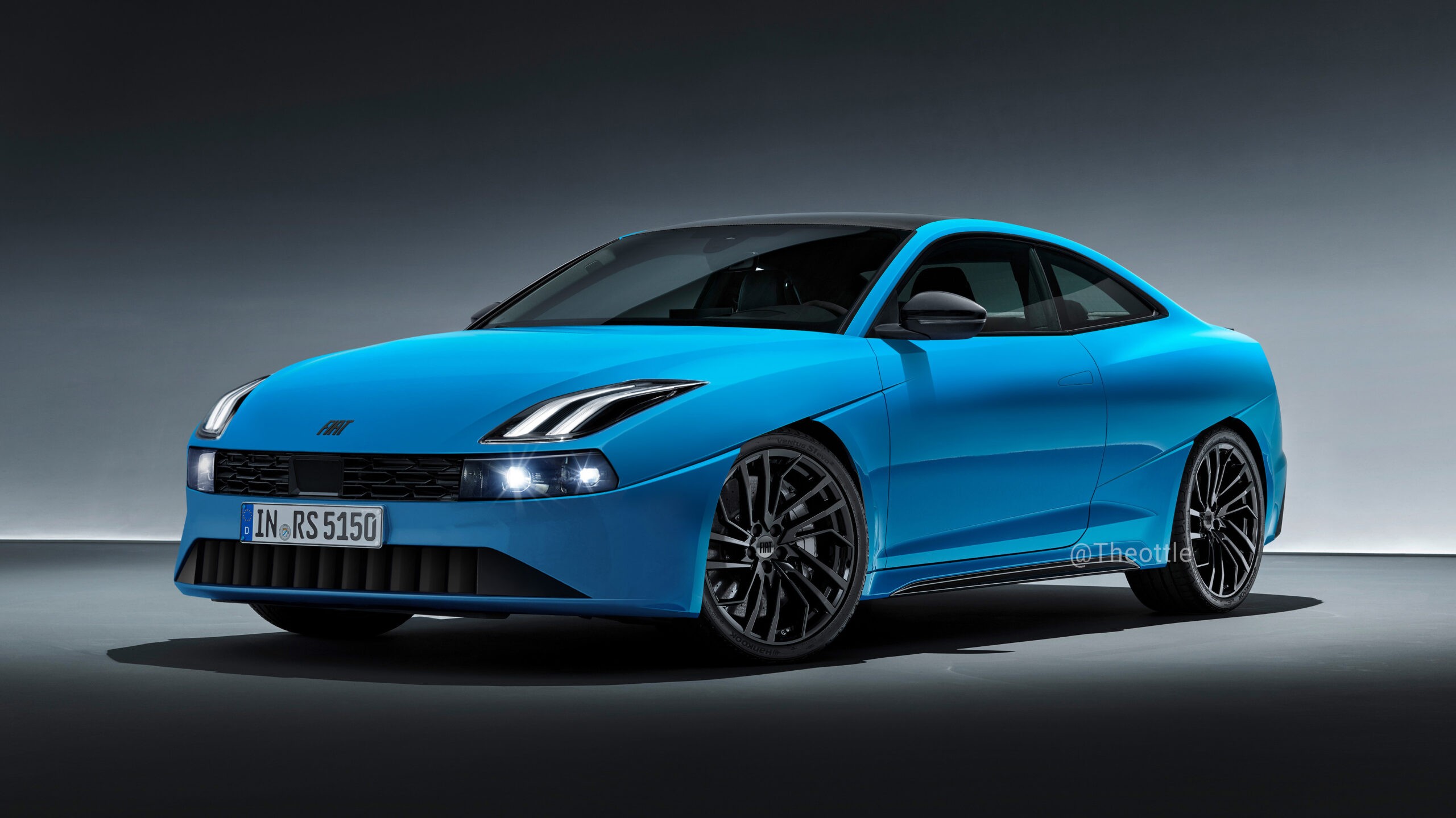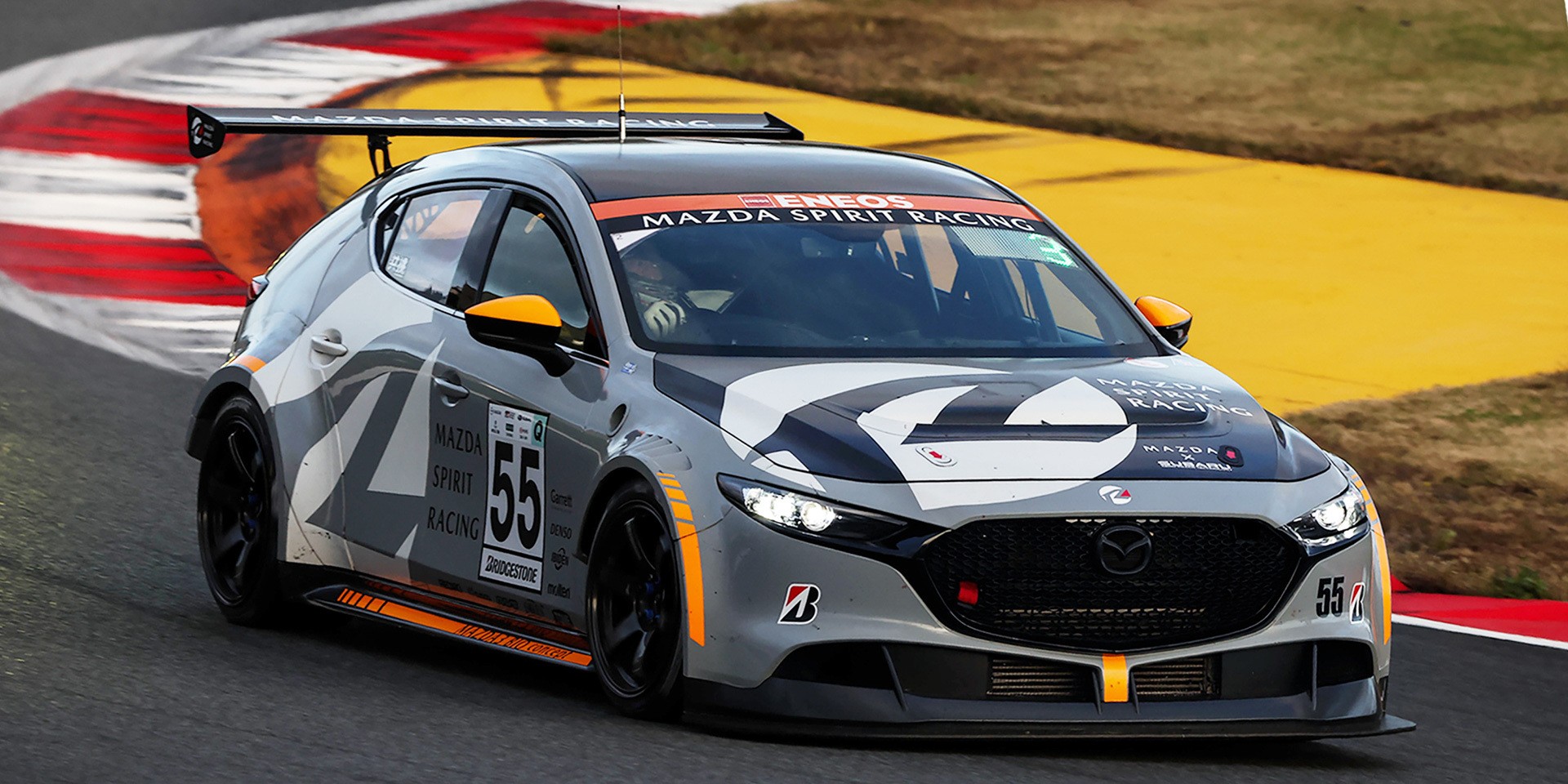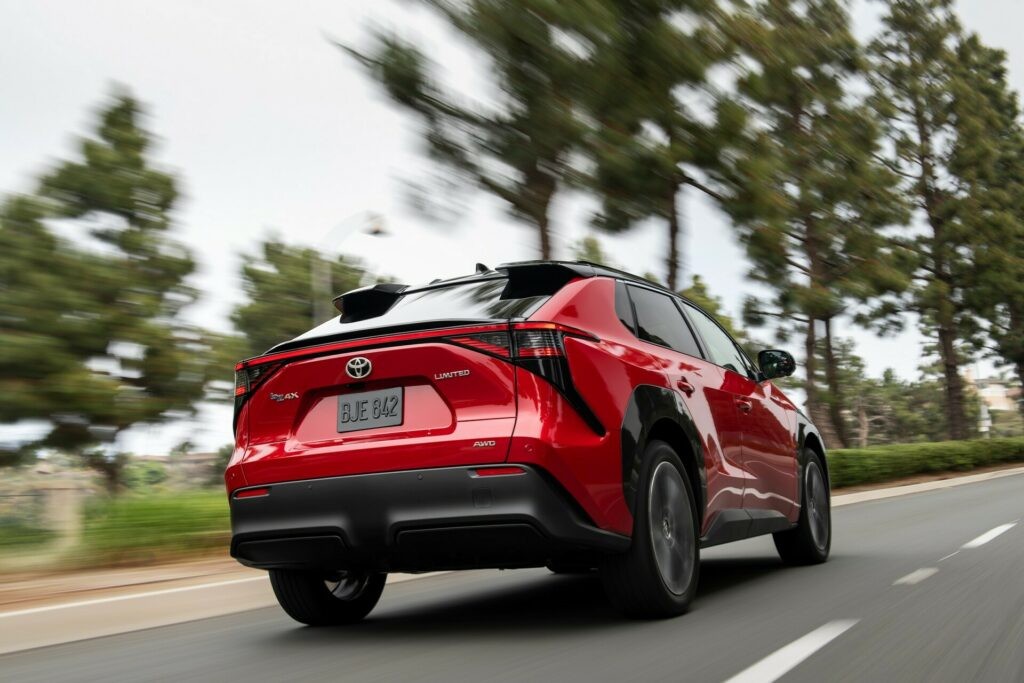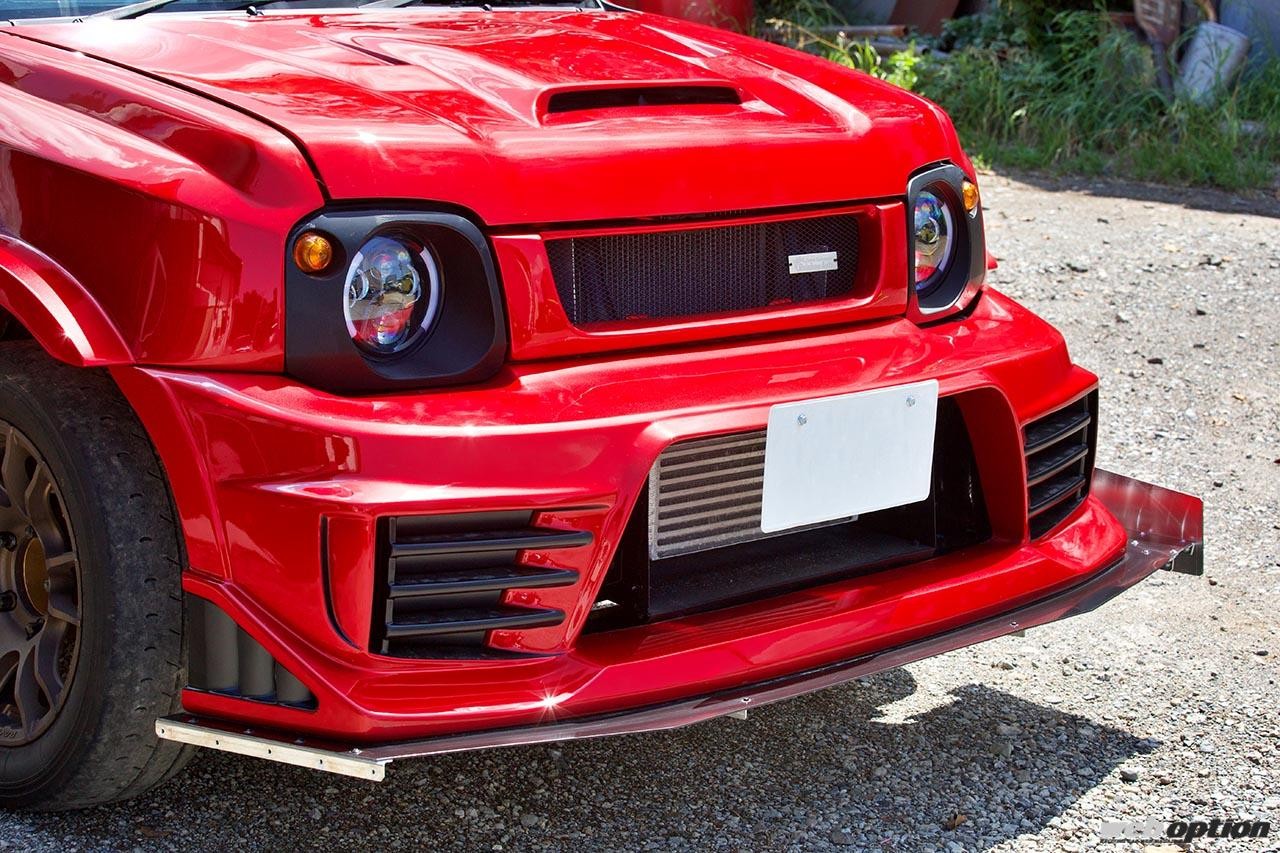Porsche is struggling to adapt its iconic 718 Boxster and Cayman models to electric platforms, according to a report from German publication Automobilwoche. The problem lies in preserving the defining mid-engine character of these cars while switching to an EV architecture. If Porsche can’t solve the engineering challenges soon, the launch of the electric versions could face delays.
The mid-mounted internal combustion engine of the 718 has been a hallmark of its handling and performance. Replicating that dynamic in an electric format has proven complex. Each attempt at redesigning the model sends Porsche back to its battery supplier, Valmet Automotive, with fresh specifications. However, Valmet is reportedly growing impatient with the constant revisions, now charging Porsche for additional development time, straining the relationship between the two companies.
Porsche engineers are working on creating an electric version of the iconic 718 Boxster and Cayman, maintaining their distinctive balance and agility.
Battling Weight and Balance
Porsche is adamant about retaining the balanced character of its 718 series, refusing to chase extreme power figures typically associated with EV performance. However, battery packs, even small ones, are heavy and significantly affect the car’s center of gravity. Any changes made to the battery pack have downstream effects on the platform design. This challenge has turned into a race against time as the internal combustion 718 Boxster and Cayman are confirmed to end production in October 2025, opening the door for the electric versions.
Timeline Pressures
The electric 718 models are scheduled to debut in late 2025 or early 2026, but the roadmap appears increasingly uncertain. Major components, including the battery system and platform, are still being finalized, putting Porsche under intense pressure to meet its deadlines.
The transition to electric drivetrain poses challenges in keeping the balance and weight distribution Porsche enthusiasts love.
Broader Strategy and Delays
While the electric 718 models face delays, Porsche is also recalibrating its broader EV strategy. The Cayenne EV is nearing production, while a large three-row electric SUV, tentatively called “K1,” is slated for 2027. Interestingly, Porsche has decided to continue ICE production for the Cayenne, which will overlap with the electric variants for at least one model cycle. This decision gives Porsche room to refine its gas-powered SUV range while exploring new opportunities for EVs.
Amidst these developments, the Porsche 911, the brand’s legendary rear-engine sports car, remains steadfastly internal combustion. As Porsche wrestles with the challenges in developing EVs for other model lines, the 911 will, for the foreseeable future, retain its connection to traditional performance enthusiasts.
Porsche 718 Electric Prototype: Key Challenges
| Challenge | Impact |
|---|---|
| Battery Pack Weight | Heavy battery packs disrupt car balance and handling, critical for mid-engine characteristics. |
| Component Redesign Costs | Frequent specification changes strain relationships and increase development expenses. |
| Time Pressure | Delayed finalization of the EV design threatens schedule for late 2025 launch. |
Porsche is under pressure to ensure its electric 718 Boxster and Cayman meet the expectations of enthusiasts without compromising handling or performance. The brand’s commitment to preserving its heritage while advancing in the EV market promises an electric sports car that is worth the wait—if it can overcome these engineering hurdles in time.

